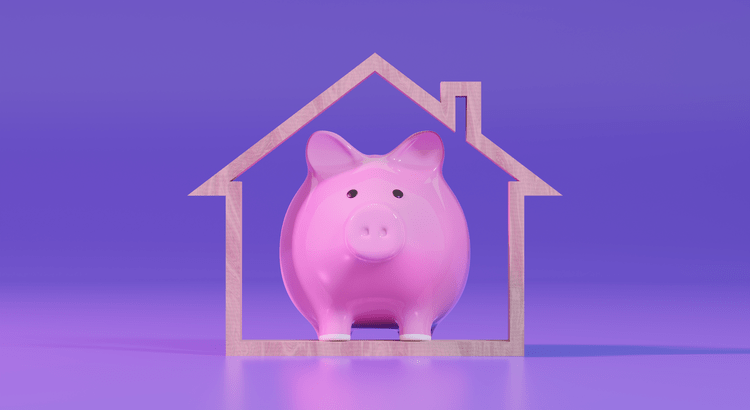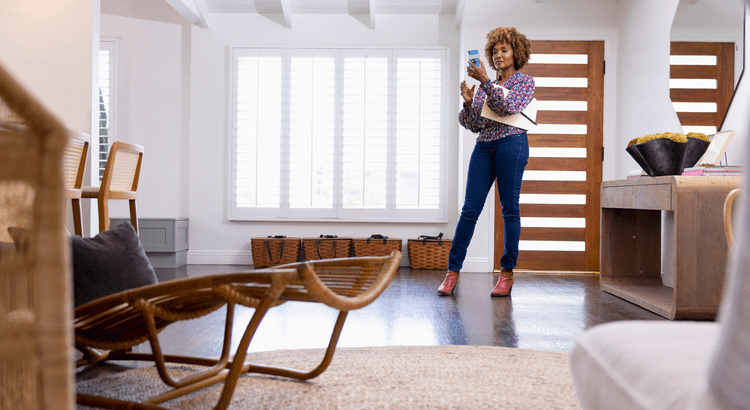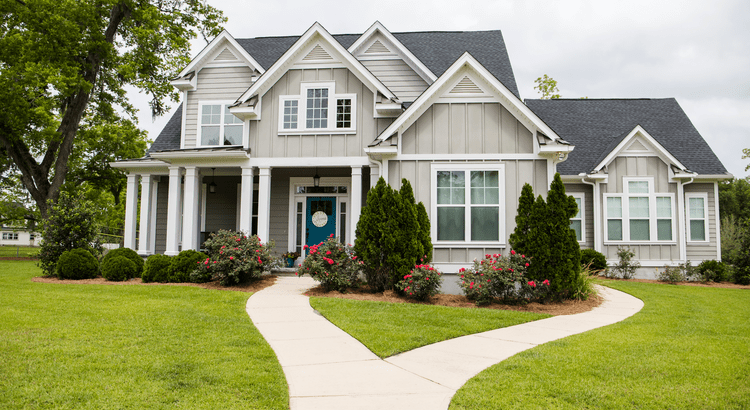
Why More Sellers Are Hiring Real Estate Agents
Why More Sellers Are Hiring Real Estate Agents Putting your house for sale on your own – often called “For Sale by Owner” or FSBO – might be on your mind. But you should know that it gets complicated very quickly, especially in today’s complex market. That’s why data from the National Association of
Struggling To Sell Your House? Read This.
Struggling To Sell Your House? Read This. When you sell your house, ideally, you want it to go something like this: your house sells for top dollar, you get it sold quickly, and it all goes down without a hitch. But what many people don’t realize is that even in today's market where there are more b

How Home Equity May Help You Buy Your Next Home in Cash
How Home Equity May Help You Buy Your Next Home in Cash Building equity in your house is one of the biggest financial advantages of homeownership. And right now, homeowners across the country are sitting on record amounts of it. Here’s a look at how that equity could be a game changer for you, and w
Categories
Recent Posts












